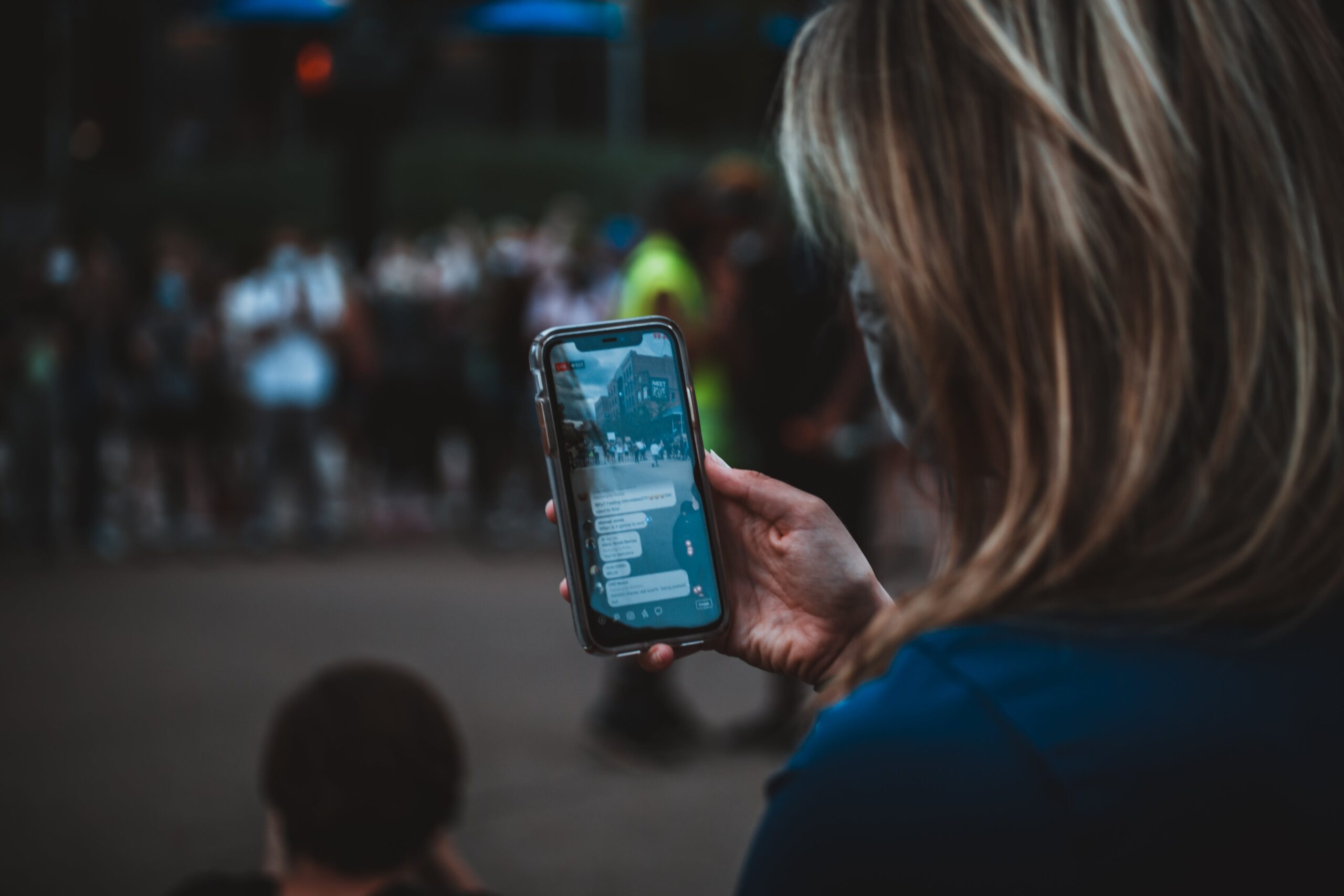Digital activism in a time of global conflict
Currently a very violent chapter in the Israeli occupation of Palestine is being played out online, with vital first hand accounts coming in from Gaza via social media sites X (formerly Twitter) and Instagram.
What is also being fed to audiences is propaganda from both Hamas and Israel, as well as infographics, celebrity hot-takes and nuanced conversations from both Jewish and Palestinian academics and activists.
At its best social media is a tool for connection, advocacy and citizen journalism. At its worst, it can be the ultimate hunting ground for the spread of misinformation, trolling and propaganda.
As stated in an article in the Washington Post, social media has “long played a critical role in battles in the area.” In 2021 during the 11-day clash between Isreal and Hamas, posts of the savagery in Gaza alerted the public to the horror faced by the Palestinian population trapped there.
“Researchers say increased internet access and the spread of smartphones enabled a watershed moment, revealing how tech platforms could show the horror and human toll of such events,” writes journalist Elizabeth Dwoskin.
It’s a sentiment echoed by Amensty International, as they called on social media companies to step up their measures to protect human rights in light of the latest atrocities.
In recent press release, Rasha Abdul-Rahim, Director of Amnesty Tech acknowledged the power of social media in times of conflict, but warned that the sites themselves needed to be doing more to fight the influx of racist hate speech, and the censorship of the wrong voices.
“Social media can play a vital role in times of crisis for communication––as such, major social media companies need to urgently step-up measures to protect human rights. The companies must ensure their platforms are not broadcasting messages of hatred and violence, or they risk contributing to gross human rights violations and serious violations of international humanitarian law,” said Abdul-Rahim.
The human rights organisation also voiced their concern around the “over-broad” censorship of accounts posting in support of the plight of Palestinians, especially at a time when the Israeli forces have cut communication avenues for those living in Gaza.
“As Israel intensifies its unprecedented bombardment of Gaza that has killed over 7,000 people, most of whom are civilians, we are extremely concerned by reports of partial blocking and removal, known as ‘shadowbanning’, of content from advocates of Palestinian rights,” said Abdul-Rahim.
“Content moderation must be conducted in a manner ensuring respect for the right to freedom of expression, while addressing rampant advocacy of hatred. Social media companies need to invest adequate resources in human oversight of AI (Artificial Intelligence)-driven content moderation systems to ensure all users, including Palestinians, can equally exercise their rights online, regardless of language and political views. Several platforms have undermined their ability to do so by laying off the staff responsible for human rights compliance.”
Just as social media can be a tool for change or a mouth piece for the most vicious members of our society – digital activism also has a complicated role to play.
When used responsibly, it can articulate counter narratives, reframe controversies, galvanise the public into action, and coordinate disaster response and financial assistance.
On the flip side, without proper verification of the content you are sharing, it can push harmful and false narratives, add to the stress and suffering of already vulnerable humans through dehumanising language and pull focus from the real work that needs to be done.
To help with your own digital activism, Kelly Lewis, Research Fellow in the Australian Research Council Centre of Excellence for Automated Decision-Making and Society (ADM+S), and the Emerging Technologies Lab at Monash University, Monash University has outlined a few key ways to act responsibly and humanely in your efforts.
1. Develop critical media literacy skills
Kelly argues that before you share anything online, you should be putting in the groundwork to verify whether that information is substantiated (not unlike a fact-checking journalist). She states you should, “Seek out sources such as Reuters Fact Check, Fake Reporter or disinformation experts, and develop fact-checking skills through tools and resources.”
2. Build your cultural literacy
Unfounded and ahistorical perspectives are not only unhelpful, but wilfully dangerous when dealing with a conflict which has a complex and layered history such as the Israel–Palestine conflict. Cultural literacy is a must in order to engage in nuanced and humane conversations.
“Before you share a post, take responsibility to educate yourself and reflect on your biases and knowledge limitations. The roots of this conflict have to be understood within a specific cultural, colonial and imperial historic context which dates back to the signing of the Balfour Declaration in 1917,” says Lewis.
3. Foster tolerance
If your desire is to come to this deeply painful time in history with respect and understanding, it’s important to expose yourself to different perspectives, while making space for the very real trauma and pain being experienced by not only Palestinian and Jewish people, but many colonised people all over the world.
“We should find ways to have difficult but respectful conversations with people who have different views to us. It is important to have a media diet that exposes you to different perspectives. Without tolerance, we can’t recognise and reinforce our collective humanity.”




